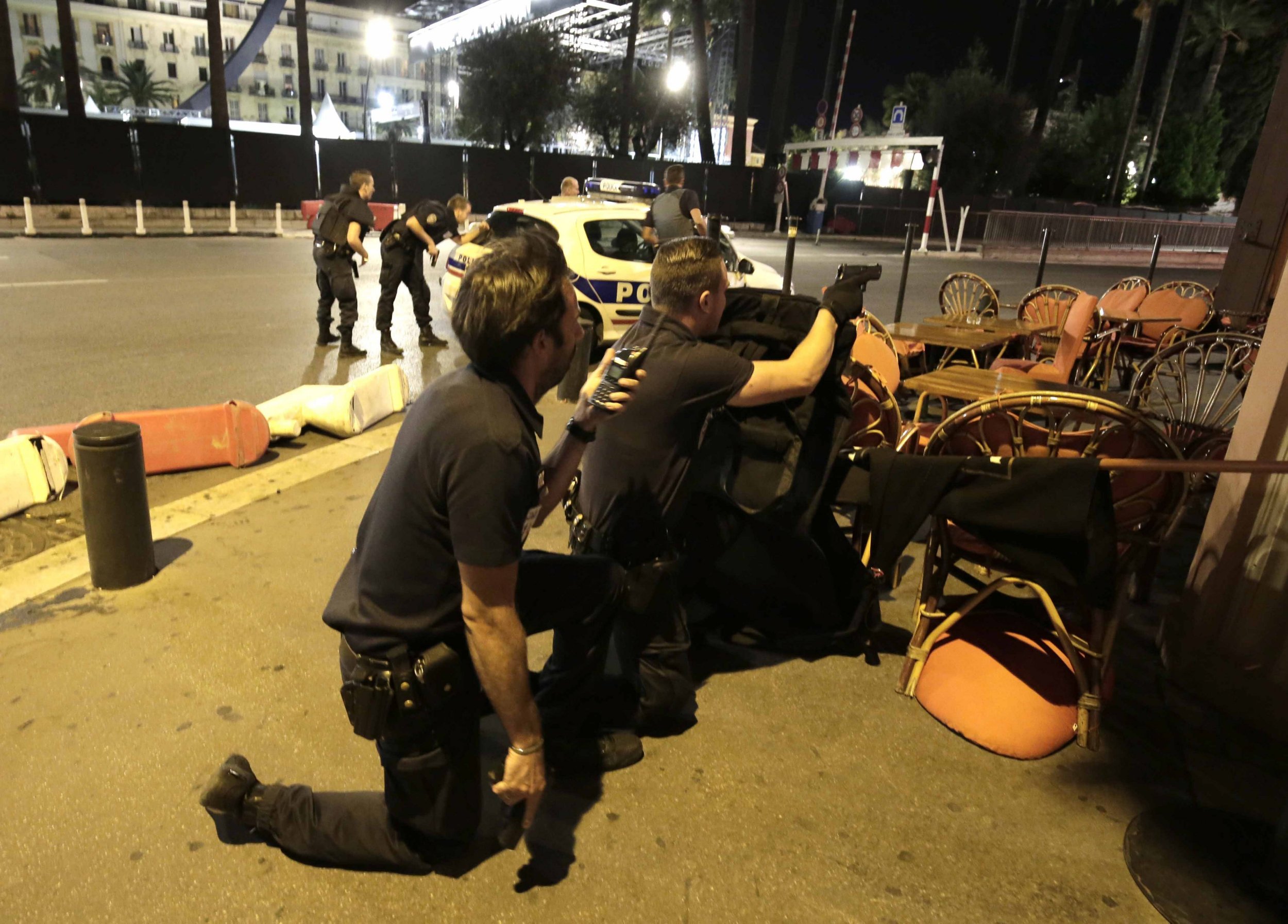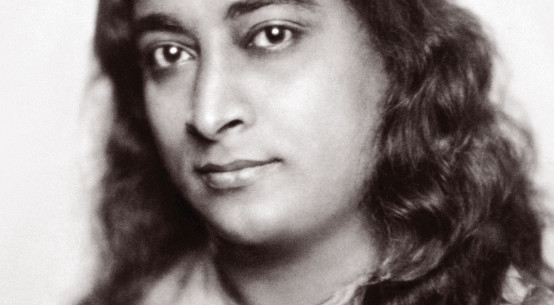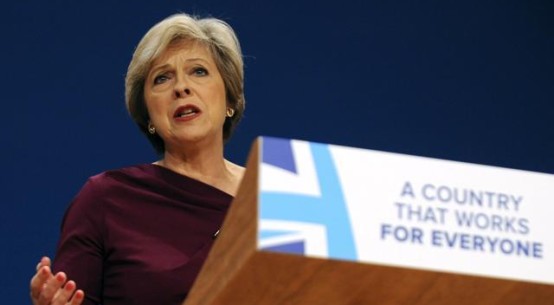
Inner city Paris shows none of the cultural and racial diversity that marks London. Immigrants often live in cheap housing in ghettoized council estates on the edges of France’s grand cities, whether Paris, Lyon or Bordeaux with Marseille being the only exception. Their integration and feeling of not belonging to the French Republic is a key factor that can no longer be ignored.
The terrorist attack on France’s National Day, July 14, is the latest in a series that began in January 2015 when the offices of Charlie Hebdo were attacked and its editorial board wiped out. Other terrorist acts have followed; the most sensational and bloody being multiple assaults on November 13 that claimed 147 lives. Several other planned attacks have been foiled. The choice of Nice, one of France’s wealthiest and most Right-wing cities, the symbol of sex and sun on the French Riviera should come as no surprise. For decades the city has been marked by right-wing crony capitalism and anti-immigrant, anti-Islamic sentiment, giving Marion Maréchal-Le Pen, the niece of National Front leader Marine Le Pen over 45% of the vote in regional elections last year. Thursday’s attack struck the French State a bloody body blow. Bastille Day marks the beginning of the French Revolution in 1789 and symbolizes the toppling of powers temporal and spiritual, the triumph of the common man over the arbitrary and absolute power once wielded by the Catholic Church and the monarchy. With the fall of the Bastille prison, where French kings once imprisoned political opponents and ordinary men and women, France set out on a journey that would culminate in the absolute separation of Church and State and the institution of individual rights and democracy. The country’s much debated laws on Laicite that forbid the wearing of “ostentatious” religious symbols in public (widely known as the ‘Burqa ban’) also flow from the centuries-long tussle that has pitted adherents of faith against those who believe in the secular expression of individual will and freedoms.
Bastille Day is a national holiday and an occasion for celebration, fireworks and feasting. There are street parties and balls organized by fire fighters’ unions. Like in the Rio Carnival, there is usually a peak in the number of births reported nine months later. The president makes a solemn, televised address and there is an impressive parade on the Champs Elysees, one of the grandest avenues in the world, which shows off France’s military and economic might. To commit an act of terror on a day when security is extremely tight, literally mowing down over 80 lives is to give the French State a mighty punch in the solar plexus.
Since the simultaneous attacks in Paris last November, a state of emergency has been in force. These repressive measures invoked for the first time since the Algerian independence war in the late 1950s and early 1960, give security forces sweeping powers to arrest, interrogate or detain people, listen to their conversations, shadow them or intercept, electronic mail or SMS messages. A bewildered, angry and shocked French public is asking why the country’s security agencies have been unable to prevent attacks despite such a massive arsenal at their disposal.
Has France’s rigid, often anti-clerical approach that calls for religion to be strictly relegated to the private sphere so incensed certain religions that it is seen as a direct attack both on faith and identity, calling for the kind of terrifying reprisals seen recently?
Why has France become the favorite hunting ground of Islamic terrorism? Why is it that France, which is reputed to have a more repressive state apparatus than its neighbors, Italy, Britain, Spain, Germany, Belgium or Luxemburg is unable to prevent deadly terrorist attacks on its soil? Despite its famous intelligence services such as the Directorate-General for External Security, the General Directorate for Internal Security, the Directorate of Military Intelligence, the Directorate for Defense Protection and Security and the BRGE for intelligence and electronic warfare. Why has France, which has the largest Muslim population in Europe (estimated 5 million), so alienated people belonging to the country’s second-most-practiced faith that thousands of young men and, surprisingly, women have gone to fight in Syria and Iraq with many coming back to commit deadly acts of terror at home.
A parliamentary commission set up to investigate the 2015 terrorist attacks pointed to a series of intelligence failures, suggesting that some of the attacks, especially in the Bataclan concert hall, could have been prevented. With six intelligence agencies answering to the interior, defense and economy ministries, information was not passed on or shared, the committee said, suggesting their merger and the nomination of a single, over-arching US-style national security agency.
“Our country was not ready; now we must get ready. Faced with the threat of international terrorism, we need to be much more ambitious … in terms of intelligence,” said Georges Fenech, head of the committee.
The commission gave specific instances when the security agencies failed to prevent persons known to have been radicalized from committing terrorist acts simply because information was not passed on from one agency to another. This was especially true of Amedy Coulibaly or the Kouachi brothers who were known to be radicals and repeat offenders. French interior minister Bernard Cazeneuve angrily brushed aside the commission’s findings a few weeks ago. The spotlight will again be on the failure of the country’s security apparatus to keep the population safe.
President Francois Hollande has extended the State of Emergency, scheduled to expire on July 26, by another three months. So far, members of the commission say, Operation Sentinelle, launched in the wake of the November 2015 attacks have “failed to have an impact.”
These repeated security failures have led to several unanswered questions, intense soul-searching about what defines French society and an accompanying rise in Islamophobia and anti-immigrant sentiment. “If there was any doubt that the extreme Right-wing leader Marine Le Pen would be on the ballot in next year’s presidential poll, this latest attack has resolved it”, said political scientist Laurent Bertin. National Front leaders as well as those from the traditional right opposed to Socialist President Francois Hollande have not hesitated to launch a frontal attack on the President. In an electoral year, political opportunism beats national solidarity and the blame game has begun.
But the answer to the terrorism that is now stalking French streets does not lie only in improved policing and more muscular security measures. France has Europe’s largest Muslim population, mainly immigrants from French colonies in Algeria, Tunisia, Morocco and other parts of Africa. Although there are huge success stories of immigrants making good in business, IT, music or literature, a majority of them live depressed, underprivileged lives.
Inner city Paris shows none of the cultural and racial diversity that marks London. Immigrants often live in cheap housing in ghettoized council estates on the edges of France’s grand cities, whether Paris, Lyon or Bordeaux with Marseille being the only exception. Their integration and feeling of not belonging to the French Republic is a key factor that can no longer be ignored.
France’s core white population and its newer citizens who have come from its former colonies appear to be set on a collision course with a small section of Muslims increasingly attracted by a nihilistic, destructive and extremist ideology. Moderate Muslims who desire only to get on with their lives find themselves caught in a bind between destructive forces in their midst and a rising tide of Islamophobia fuelled by vitriolic attacks from the extreme right.
That the terrorist was of Franco-Tunisian origin can only add to the sense of fear and uncertainty felt by a growing number of French citizens. President François Hollande has ordered fresh attacks on Iraq and Syria. It is doubtful if they will help quell the sense of alienation and hatred felt by radicalized young French Muslims. The move will in all probability encourage more such attacks. The solutions clearly lie closer to home.
Vaiju Naravane is a commentator and professor based in Paris



